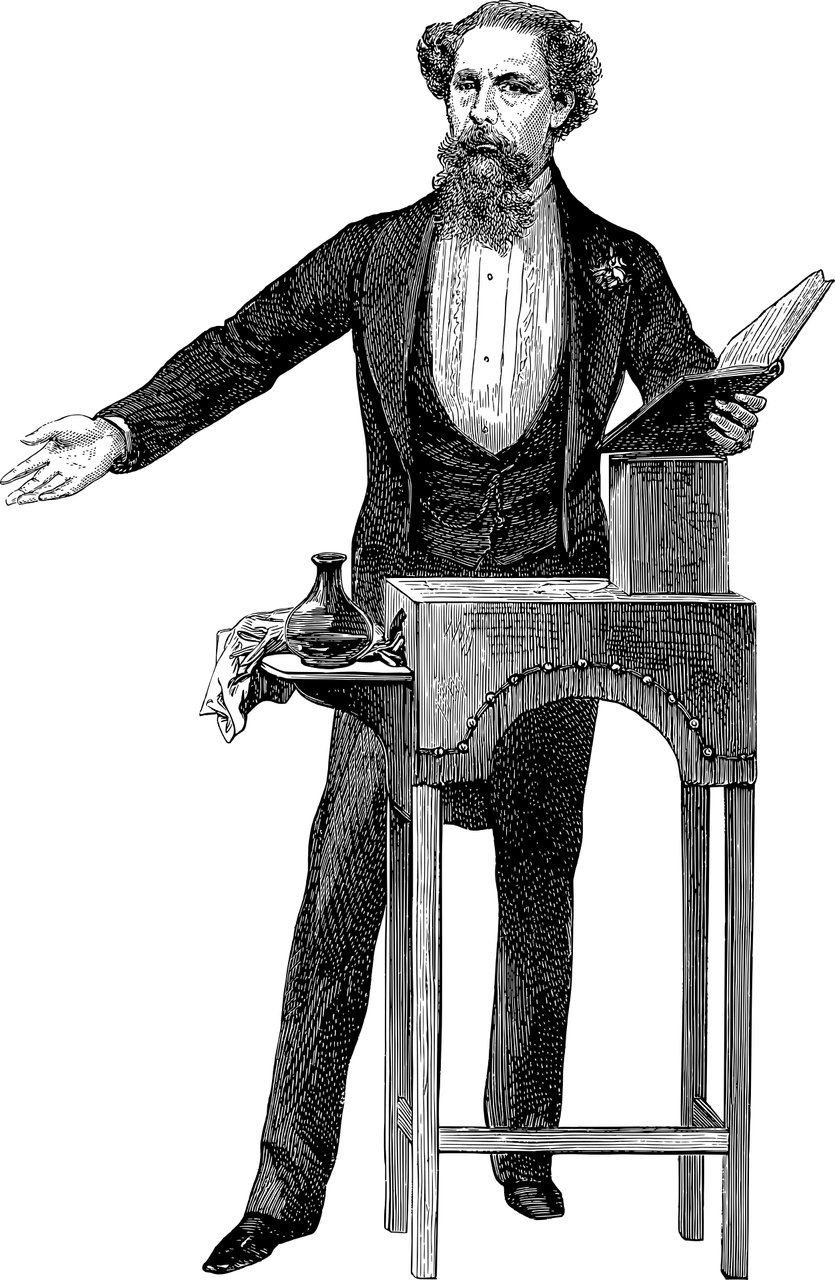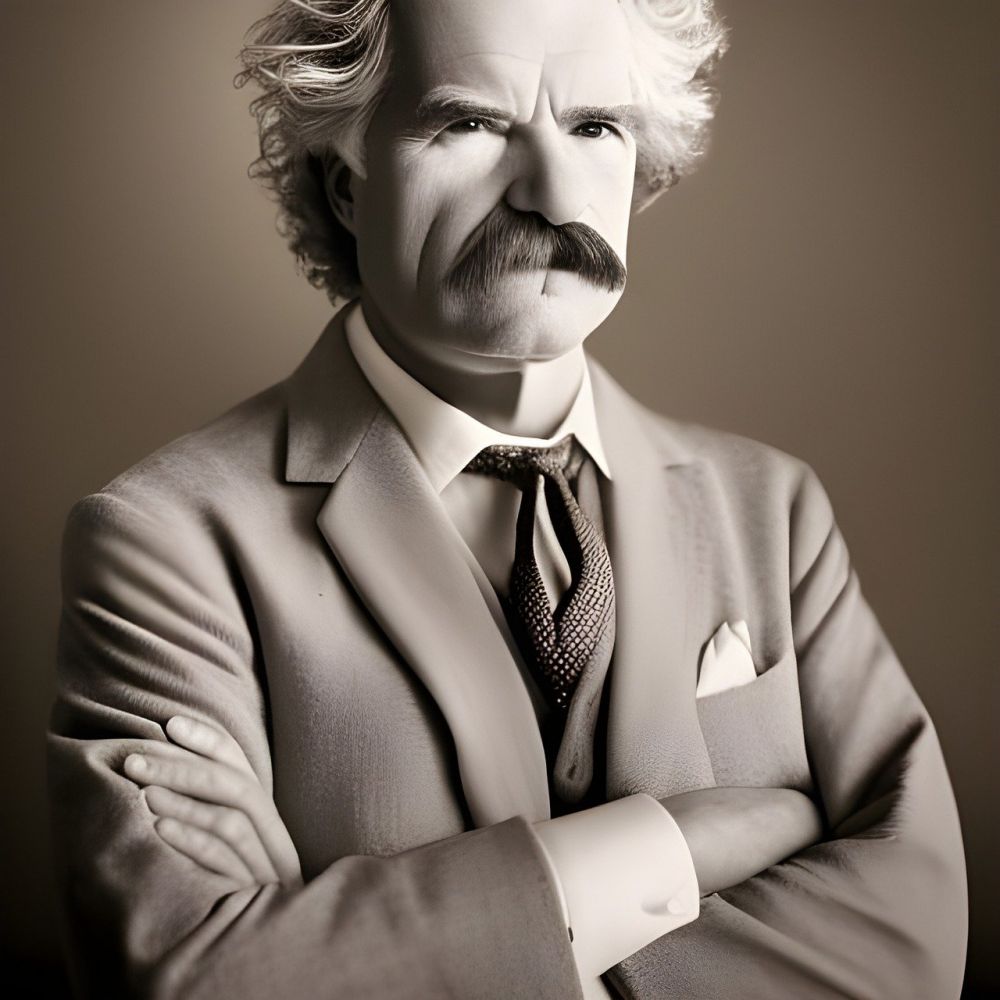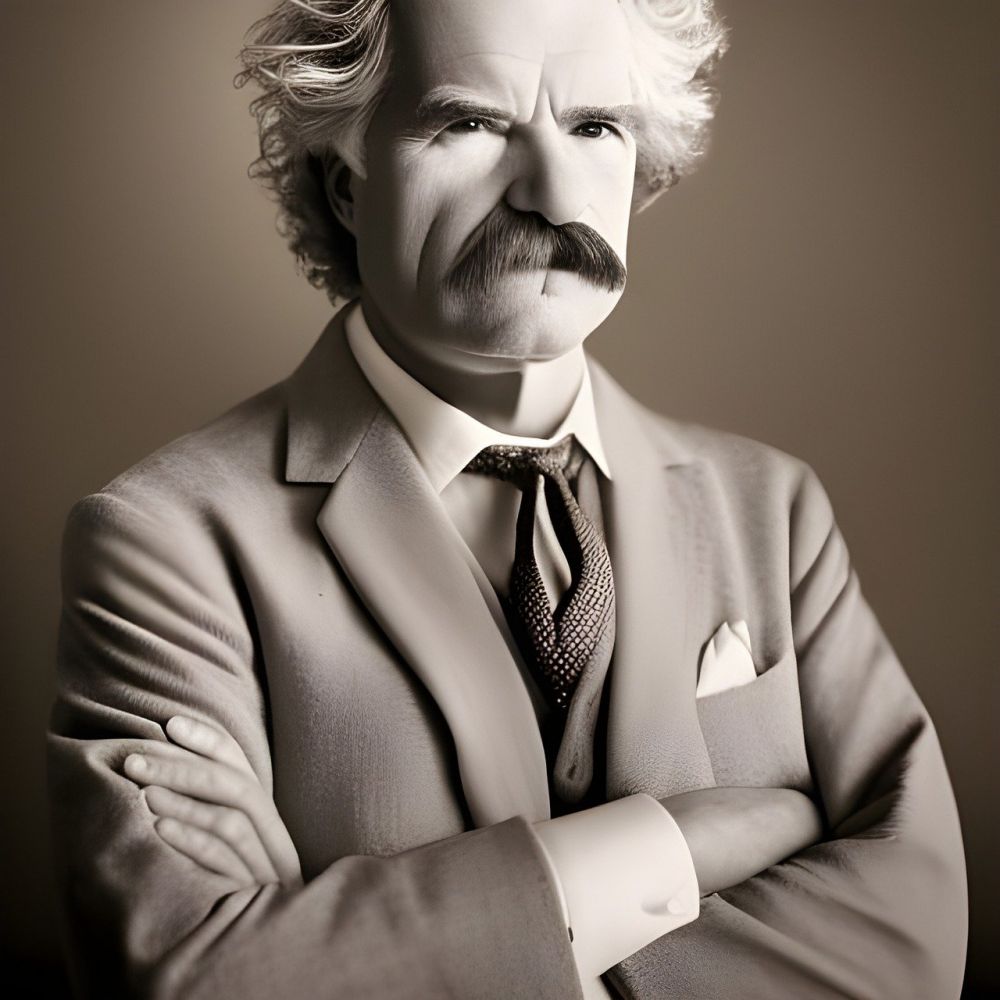George Orwells Animal Farm is a timeless classic that continues to captivate readers with its thought-provoking themes and intricate storytelling

In this article, we delve into the significance and evolution of this iconic novel, providing essential information for those interested in learning more about Orwell’s masterpiece.
Introduction to Animal Farm:
Animal Farm, first published in 1945, is a satirical allegory that presents a scathing critique of the Soviet Union under Joseph Stalin’s rule. Orwell masterfully employs anthropomorphic animals to portray the political events leading up to the Russian Revolution and the subsequent emergence of a totalitarian regime. By depicting the animals as symbols of different characters and groups, Orwell communicates complex ideas in a relatable and accessible manner.
Historical Background:

To understand the context in which Animal Farm was written, we need to examine Orwell’s own experiences and the sociopolitical climate of the time. Born Eric Arthur Blair in British India in 1903, Orwell witnessed the rise of totalitarianism during the mid-20th century. He fought against Fascism in the Spanish Civil War and developed a deep mistrust of authoritarian regimes.
Orwell’s evolving political beliefs heavily influenced his writing, and Animal Farm serves as a cautionary tale against the dangers of power abuse and political manipulation. The novel reflects Orwell’s disillusionment with the Soviet Union, which he once supported but later criticized for betraying the principles of the socialist revolution.
The Evolution of Animal Farm:
Upon its release, Animal Farm garnered both critical acclaim and controversy. It resonated with readers worldwide, offering a vivid portrayal of the corrupting influence of power and the dangers of blind obedience. However, its allegorical nature caused some to misinterpret or misrepresent the novel’s intended message.
Over the years, Animal Farm has become not only a literary classic but also a reference point for understanding the perils of totalitarianism. Its themes of inequality, propaganda, and corruption are applicable to various political systems, allowing readers to draw parallels with real-world events.
Animal Farm’s Impact on Literature and Society:
Animal Farm’s enduring relevance and influence are evident in its continued popularity and widespread academic study. Orwell’s novel has been translated into numerous languages and remains a staple in school curricula worldwide.
The novel’s impact extends beyond the literary realm. Animal Farm’s “All animals are equal, but some animals are more equal than others” phrase has entered the lexicon as a potent critique of hypocrisy and social inequality. Orwell’s innovative use of satire continues to inspire writers and intellectuals, influencing subsequent works on political corruption and social injustice.
Animal Farm as a Critique of Totalitarianism:
With its carefully crafted narrative, Animal Farm exposes the allure and dangers of totalitarianism. Orwell’s depiction of the pigs’ gradual transformation from comrades to ruthless dictators highlights the corrupting influence of power. The novel warns against idealistic revolutions being hijacked by ambitious individuals seeking their self-interest.
Through its portrayal of a dystopian farm society, Animal Farm prompts readers to question authority, challenge propaganda, and remain vigilant against the erosion of democracy. Orwell’s powerful narrative serves as a reminder that eternal vigilance is the price of liberty.
In conclusion, George Orwell’s Animal Farm stands as a literary masterpiece that delves into the complex dynamics of power and political manipulation. With its enduring themes and timeless relevance, it continues to resonate with readers of all ages. Through careful analysis of historical context and Orwell’s own experiences, we gain a deeper appreciation for the novel’s significance. Animal Farm’s impact on literature and society underscores Orwell’s ability to provoke critical thought and ignite conversations about the perils of totalitarianism.





